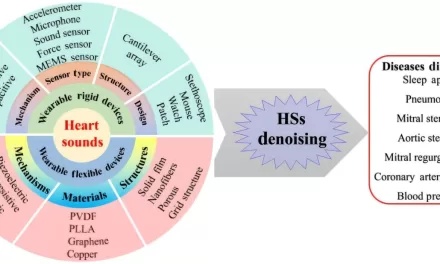Medical education has long been associated with intense scrutiny and high standards, but what if some of these methods are causing more harm than good? Public humiliation, still prevalent in many medical schools and hospitals, is emerging as a damaging teaching tool that not only affects the mental health of future doctors but also the quality of patient care.
A recent study led by Wendy Li, Carolyn Heward, and Luisa Wigg reveals disturbing findings about the widespread use of public humiliation in medical education. The research shows that a staggering 57% of medical students and junior doctors report experiencing some form of humiliation during their training, with some studies indicating as high as 90% of medical students have been subjected to this practice.
The Nature of Teaching by Humiliation
Public humiliation typically occurs in teaching environments like hospital wards, operating rooms, or medical conferences. Common forms of this humiliating practice include aggressive questioning, mockery of incorrect answers, and derogatory comments made in front of peers, other healthcare staff, and sometimes even patients.
This method is often carried out by senior doctors, but troublingly, other medical professionals—including nurses and fellow students—also engage in humiliation. Research suggests that those who experience such treatment may come to view it as a normalized part of medical culture and, in turn, may perpetuate it once they assume roles as educators themselves.
The Impact on Doctors’ Well-Being
The consequences of teaching by humiliation are severe, particularly for the emotional and mental health of medical trainees. Research shows that those who undergo humiliation are more likely to develop mental health issues. In fact, one study found that humiliated trainees were almost eight times more likely to experience burnout and nearly four times more likely to show symptoms of anxiety and depression.
The fear of ridicule can lead to doctors being less confident in their abilities, more reluctant to seek help or ask questions, and more prone to errors. This, unfortunately, directly undermines the core values of medical practice: competence, confidence, and the ability to make informed decisions under pressure. For patients, these characteristics are essential, as they expect their doctors to be knowledgeable, emotionally stable, and willing to collaborate with colleagues when needed.
Patient Care at Risk
The detrimental effects of teaching by humiliation extend beyond the doctors themselves; they also jeopardize patient care. Trainees who have experienced humiliation are more likely to become isolated from their peers, disengage from learning, and even leave the medical profession. This contributes to the growing shortage of healthcare professionals, exacerbating the strain on the healthcare system.
Even for those who stay in the profession, the cycle of humiliation persists. They often internalize the idea that humiliating others is an acceptable part of training, perpetuating a toxic environment for future generations of medical students.
Breaking the Cycle
The deeply hierarchical structure of the medical profession may be a key contributor to this issue. Senior doctors, with significant influence over the careers of their trainees, may resort to humiliation as a way to enforce high standards. However, evidence suggests that this approach fails to produce the desired outcomes. Instead of creating confident, competent professionals, it fosters anxiety and reduces the likelihood of collaborative, effective decision-making.
It is clear that change is necessary. Medical schools and hospitals must recognize the damaging effects of humiliation and adopt more constructive teaching practices. Maintaining high standards should not come at the expense of mental health and well-being. Alternative teaching methods—such as structured feedback, simulation-based training, and mentorship programs—can provide effective ways to cultivate excellence without causing harm.
In a healthcare system already facing shortages and immense pressure, the need for a supportive, psychologically safe training environment is more urgent than ever. Patients deserve to be treated by healthcare professionals who have received their training in environments that prioritize both skill development and emotional resilience. For the future of medicine, it is time to leave humiliation behind and embrace a new, more compassionate approach to medical education.











